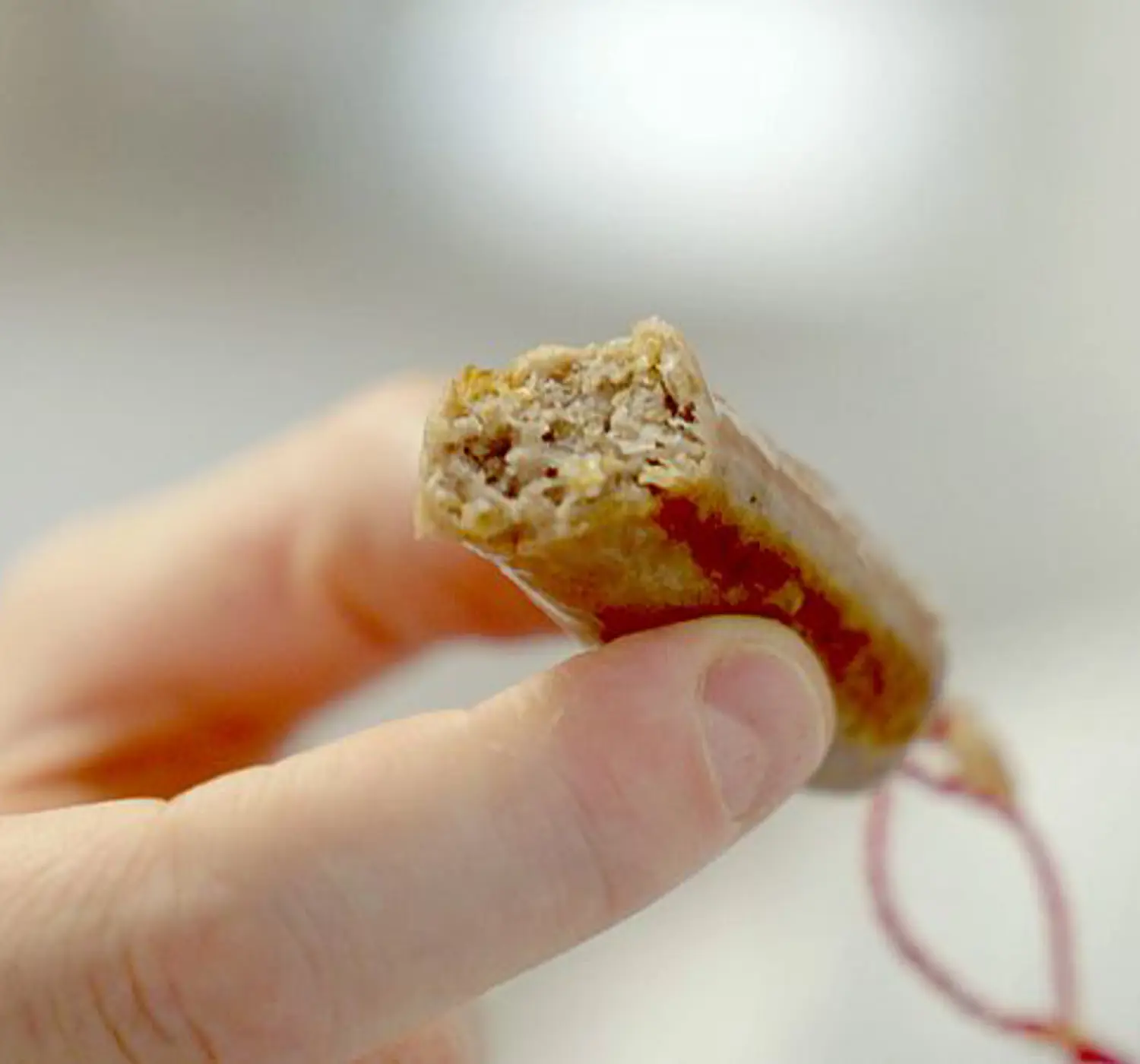15-07-2022
Cultivated meat companies prepare for first EU application approvals, but it is still a long way to your plate

Real meat without emissions and environmental impact; cultivated meat has been a big promise for years. Meanwhile, dozens of companies in Europe are ready to enter the market. But strict regulations mean it will be a long time before it will become available for sale.
By EenVandaag - Paul Schram
Almost 10 years ago, it was presented and received worldwide attention: the first cultivated meat burger. The Dutch invention by Professor Mark Post consisted of 40 billion cells, grown in a laboratory from stem cells of a cow.
Slow to regulate
Since then, the development of cultivated meat has accelerated. In Singapore, you will soon be able to buy cultivated chicken nuggets in the supermarket, and in the Netherlands two companies are now developing this meat.
The start-up Meatable at Planet B.io in Delft, for example. "Right now, we are looking at where we can sell our first product and we are also thinking about Singapore," says founder Daan Luining. "Ideally, of course, we would launch in the Netherlands, but because the regulations here are a bit slower than in other parts of the world, we have to start somewhere else."
2-year process
The regulations that cultured meat must comply with are included in the Novel Food Act of the European Union. The inspection is done by the European Food Safety Authority (EFSA). But it is still unclear to companies what type of nutritional and toxicological evidence EFSA requires. It is expected that such a process can take almost two years.
That is why Dutch companies first look to Singapore, where the journey from lab to plate is shorter. Luining: "I think our meat will be on the shelves around 2025. And probably the first market we will enter will be Singapore. There they have little surface area to produce their own food, so these innovative techniques are essential for them to become self-sufficient."
‘We should have done this earlier'
Cultivated meat ambassador Ira van Eelen thinks it's a missed opportunity that Dutch companies are looking to Singapore first, because of strict regulations. "It's not for nothing that companies turn to Singapore. That is where cultivated meat is eaten, sold, it is permitted, it has received safety labels and they are already building the first factories."
Willem van Eelen, Ira's father, invented the technique for making cultured meat in the 1980s. She is continuing his work by securing money and subsidies for the sector. "The Netherlands was leading: we invented it, we have the patents, and we had the first hamburger. We have to hold on to that leading position."
Tasting
A small but important step has recently been taken by the Dutch Parliament: companies are finally allowed to organise their own tastings. This is good news, also for Meatable in Delft.
"Tastings will be made possible under strict conditions," says Luining. "But consumers will be able to come and taste a farmed sausage or burger by invitation. An important step to ensure that our product improves."
Making it a priority
Van Eelen has high hopes for the right developments. "At the moment 140 companies worldwide are working on turning chicken, pork, fish or beef into meat via cells in one way or another," she says.
"I have been asked for over 40 years when we will be able to eat this. If we make this development a priority and help companies apply to the EU, things can move quickly."
Planet B.io’s note
In April 2022, the Dutch government announced it will be earmarking € 60 million ($ 65.4 million), to support the formation of an ecosystem around cellular agriculture, which is the technology to produce animal products like milk and meat directly from cells. It represents the largest public funding into the cellular agriculture field ever, globally. The proposal for funding was made by a newly created consortium of 14 organizations (academia, NGOs, startups, industry) including Meatable, called Cellular Agriculture Netherlands.
The financial impulse represents a first step towards funding a larger growth plan proposing to invest € 252 - € 382 mln. in cellular agriculture, specifically stimulating cellular agriculture education, academic research, publicly accessible scale-up facilities, societal integration (including farmers and consumers) and innovation.
